There is no question about it: mHealth technology is exploding.
A quick study of this infographic reveals that mhealth technology will impact health care in the following areas:
- Management of chronic disease
- Remote patient monitoring
- Patient medication management
- Patient/health care provider communication
- Clinical support tools
- Medical reference tools
mhealth technology offers the ability to transform how data is used. In current health care practice, data is fragmented and often not available for real-time efficient and effective patient care.
Historically, medical technology advancements has been one of the factors contributing to increased health care costs.
Now with 13,000 medical apps and growing, mobile and mobile technology at all the delivery points within the healthcare system from First Responders to Clinicians to Physician/Patient Engagement to Payer of the health care, offer the promise to transform health care delivery.
Will mHealth technology actually decrease health care costs?
Maybe, if we move beyond the technology story and tell the “real” stories.
Beyond mHealth as a Utility
Stories of mHealth Technology in Action
It’s not about the computers, using the Internet, and the phones.
And it’s not about the data.
It’s how the people in health care use the data.
It’s how the data enables health care practitioners and stakeholders to deliver the right treatment at the right time.
For patients, it’s about having access to affordable treatment and data to maintain health, again at the right time.
What will ultimately make the difference in adoption of mhealth solutions?
Real stories about caring health care providers delivering real patient results.
Consider this story of how midwives in Bosnia were trained to use mobile camera phones to screen for cervical cancer, and then taught the procedure of how to remove the cancerous lesions saved lives.
This story doesn’t talk about how the technology enables remote diagnosis, use of clinical and resource tools, and patient/provider communication.
It shows the technology in action.
It tells the story of how the technology helps to deliver astonishing results.
Here’s another story of how surgeons are able to tap clinical and resource data to deliver improved patient/provider communications using the iPad as a tool to show and explain surgical procedures.
The technology enables the surgeon to tell a better story to the patient.
Much of the current story mHealth story is filled with numbers, facts, and data about apps and technology itself.
Keep in mind, the mobile delivery of the medical data is a utility.
The ultimate mHealth story to be told will be filled lives saved and lives made better. It will be a story of doctors, nurses, and others in the health care field able to deliver more effective real-time solutions with increased efficiency.
Will it be a story where mHealth disappears as a buzzword technology “utility” and truly transforms the future of health care?
photo credit: Future Health via Greatist and RockHealth
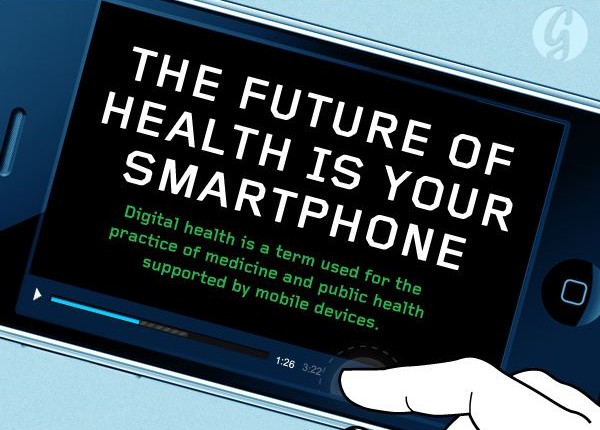
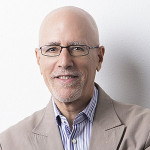


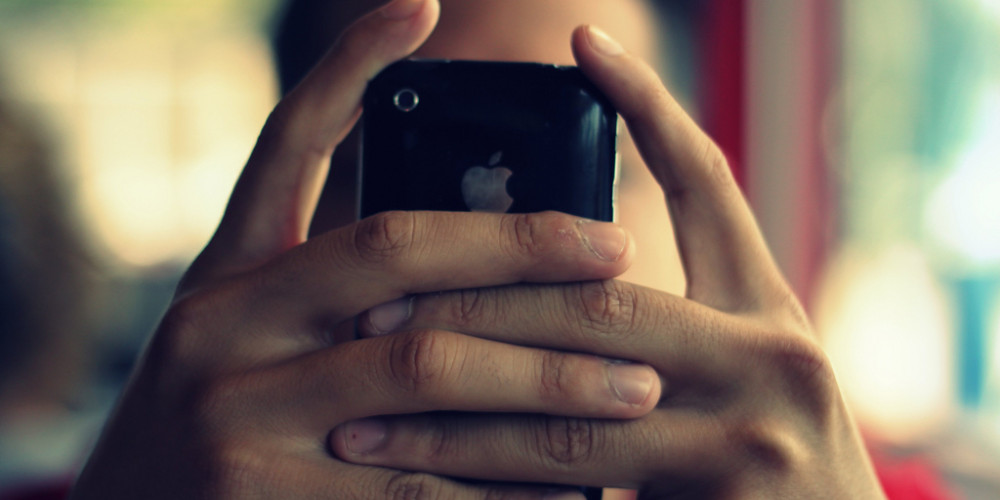
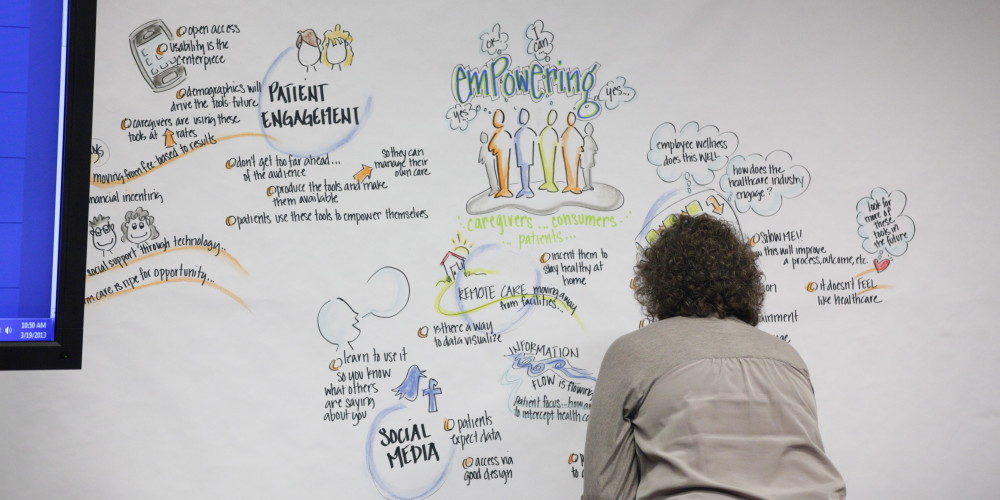
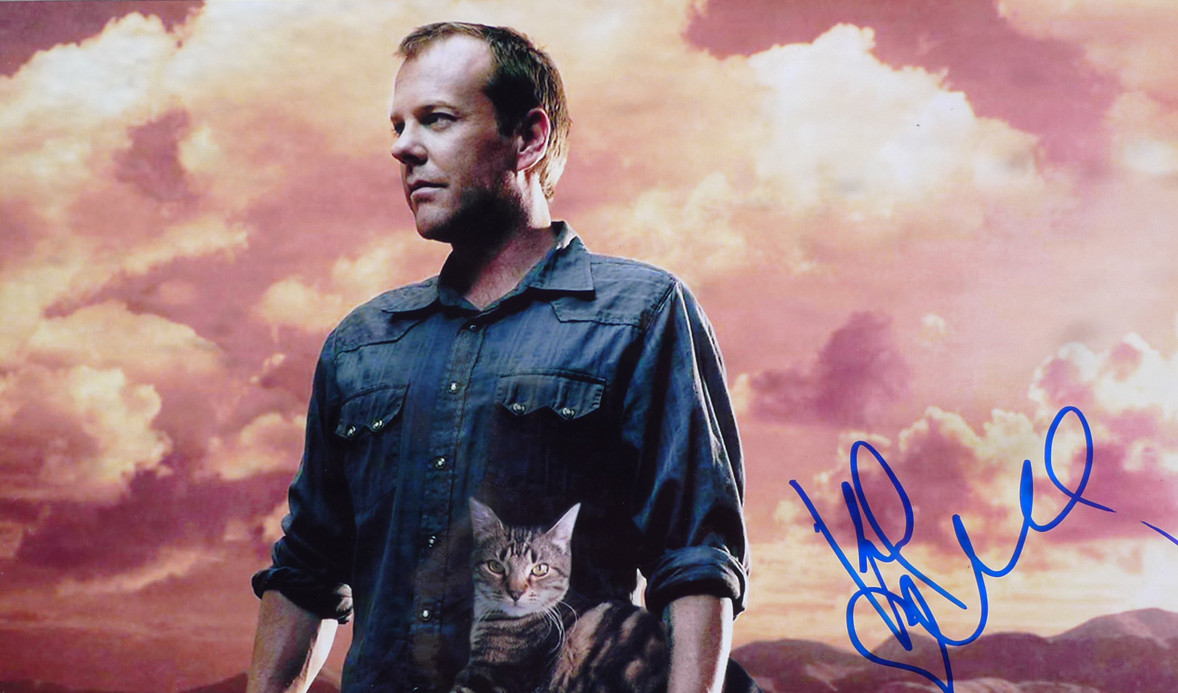


6 thoughts on “mHealth Technology Explosion: Story Telling Fuels Change”